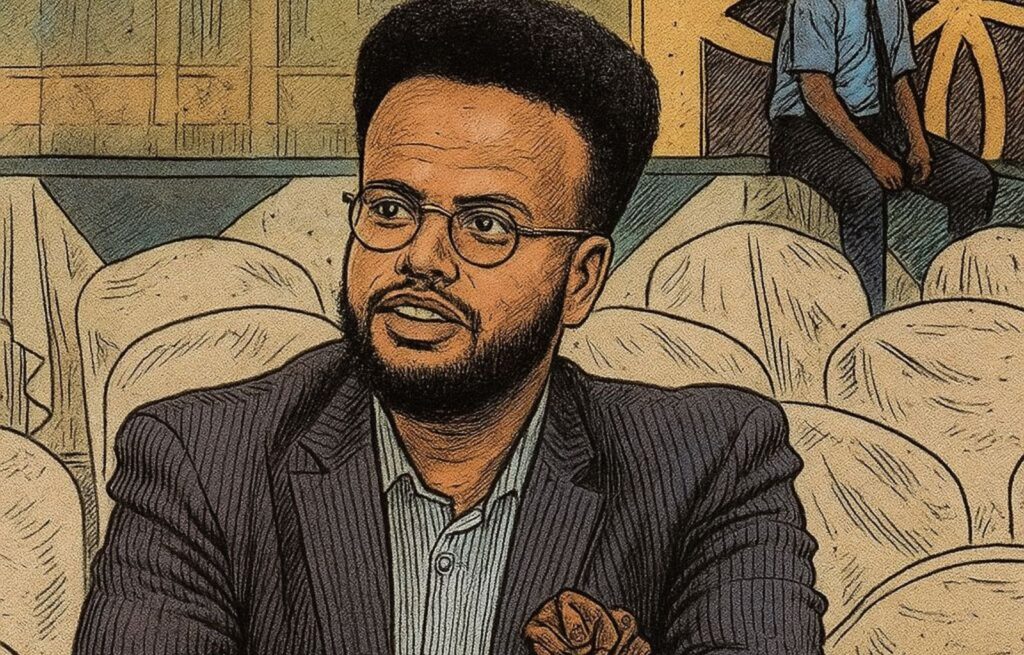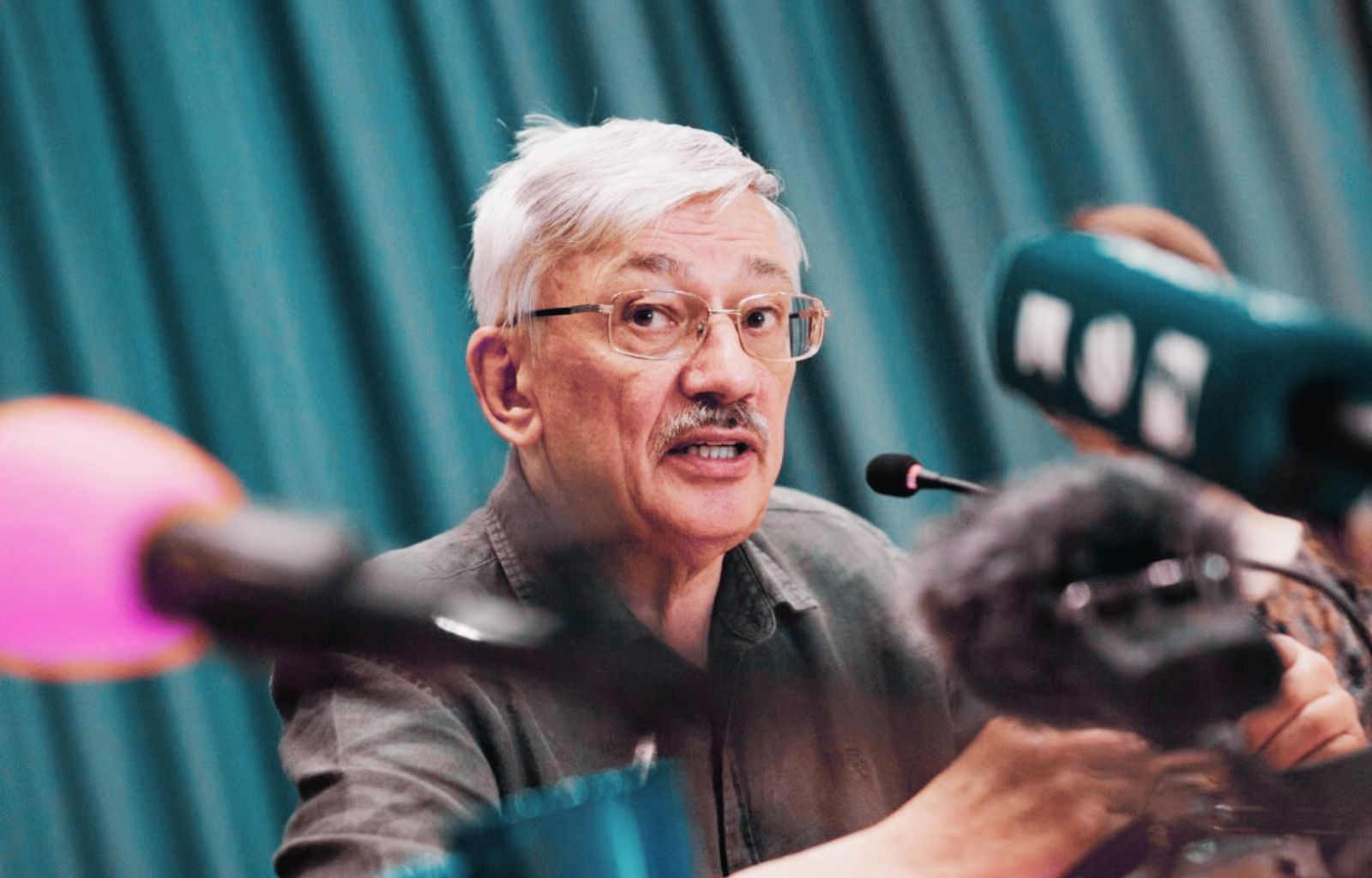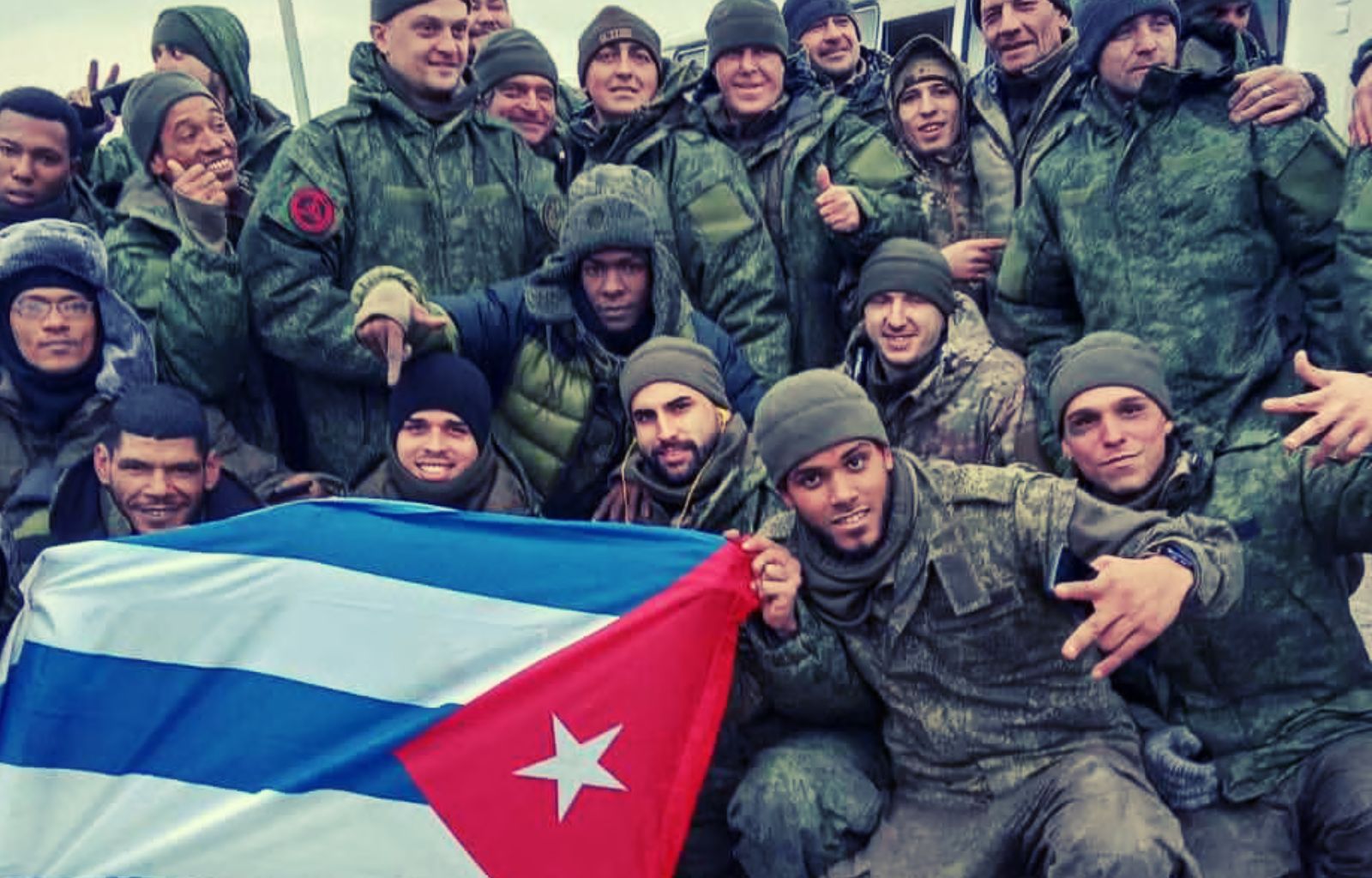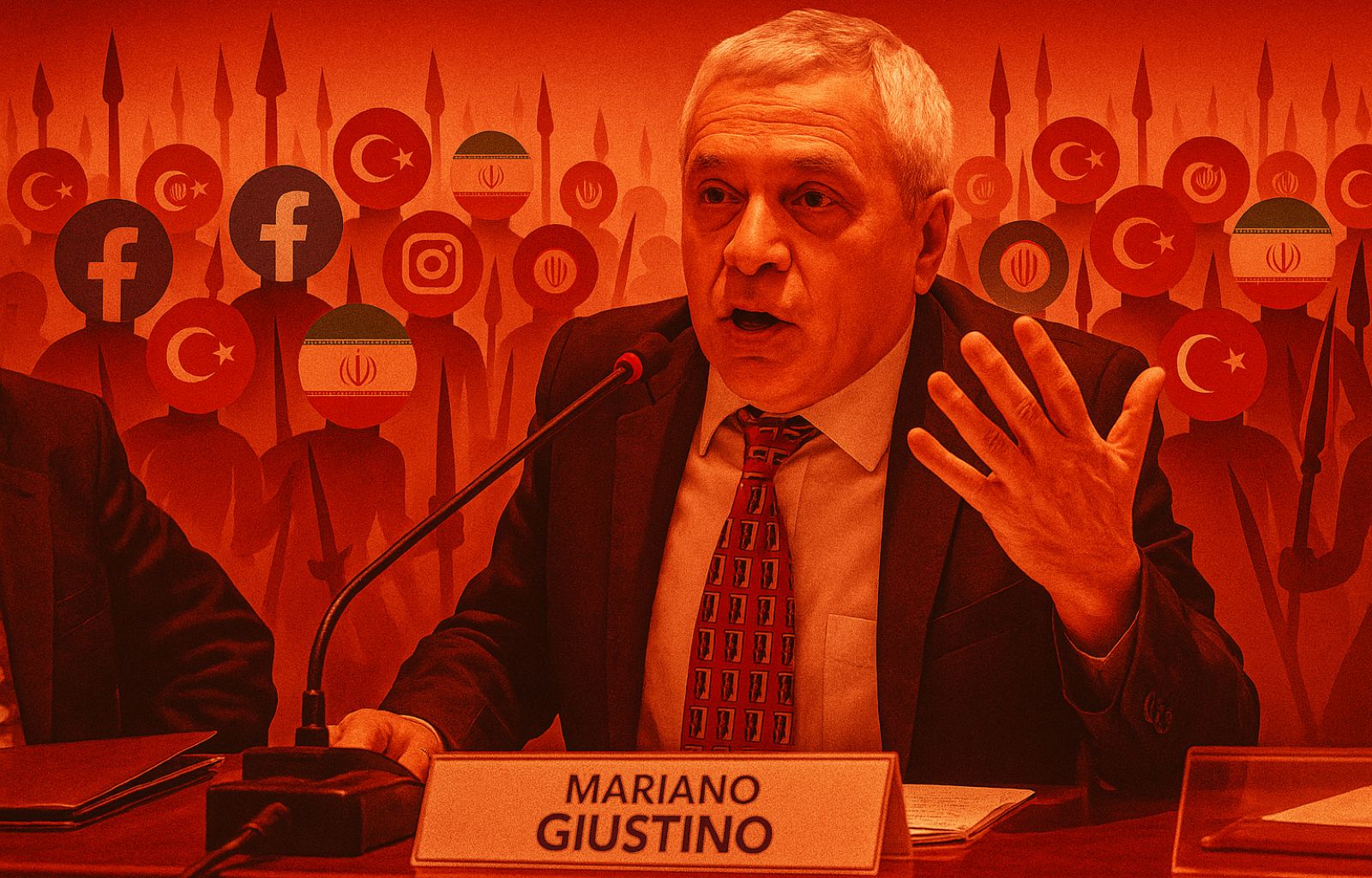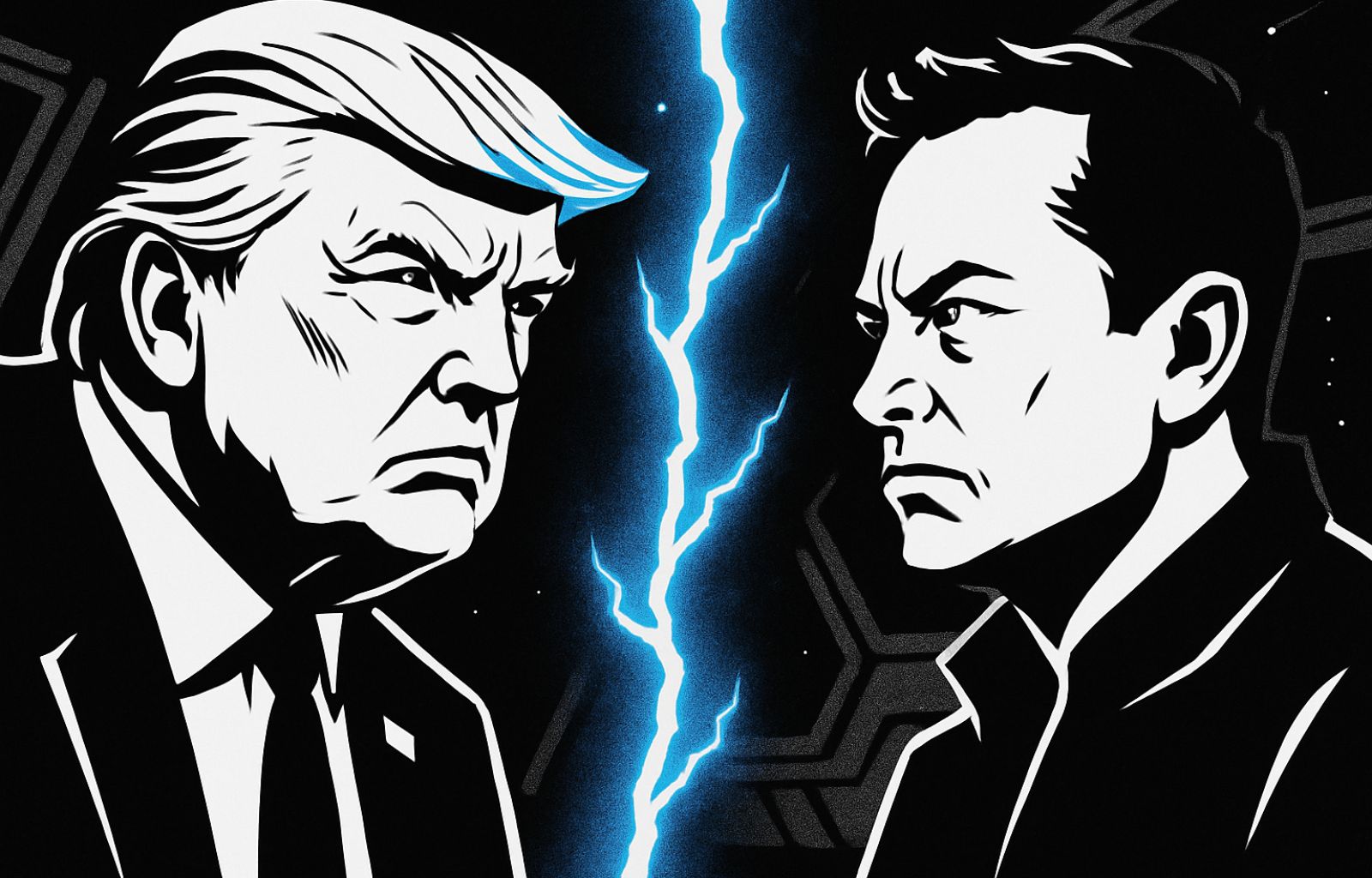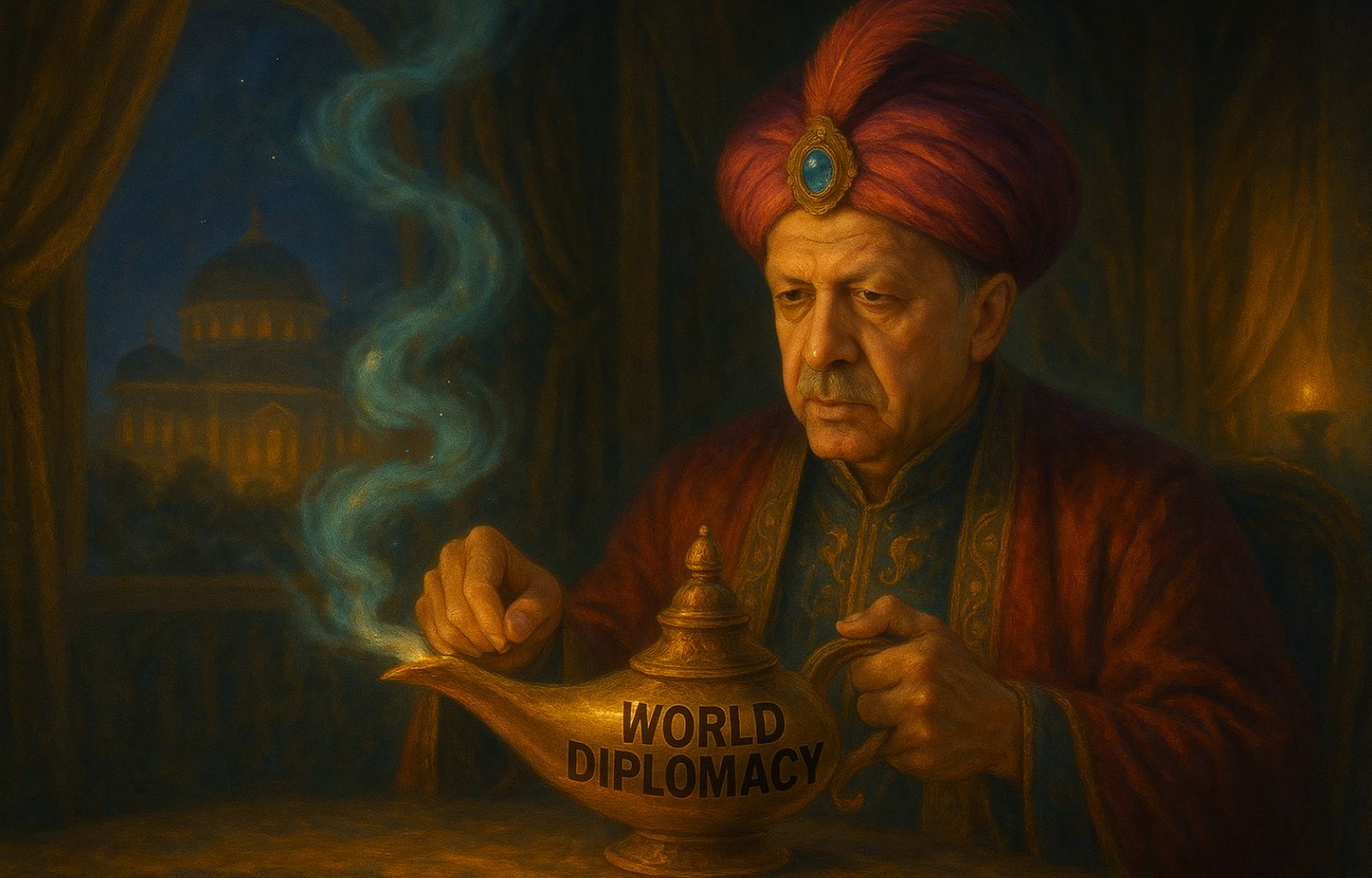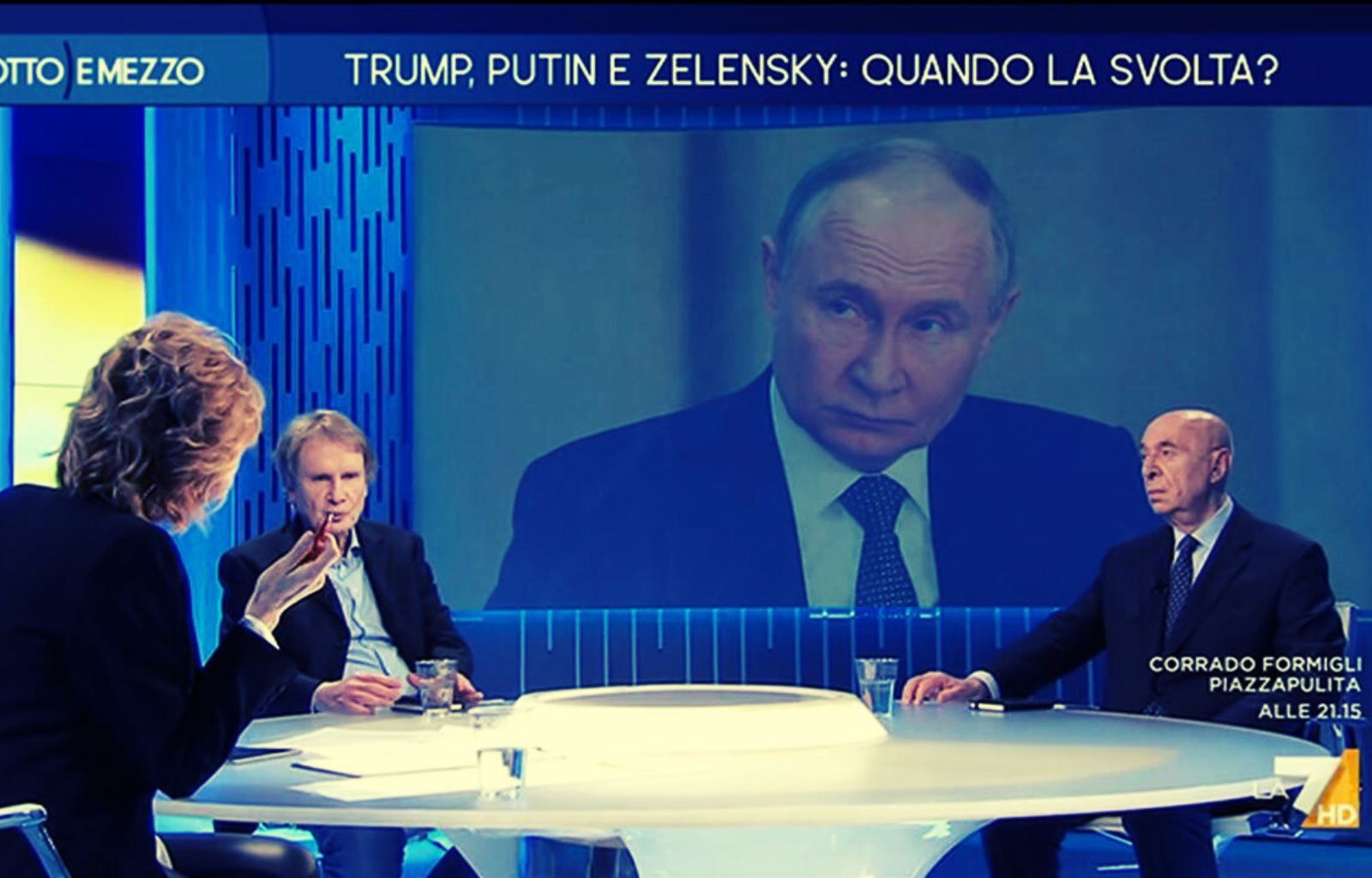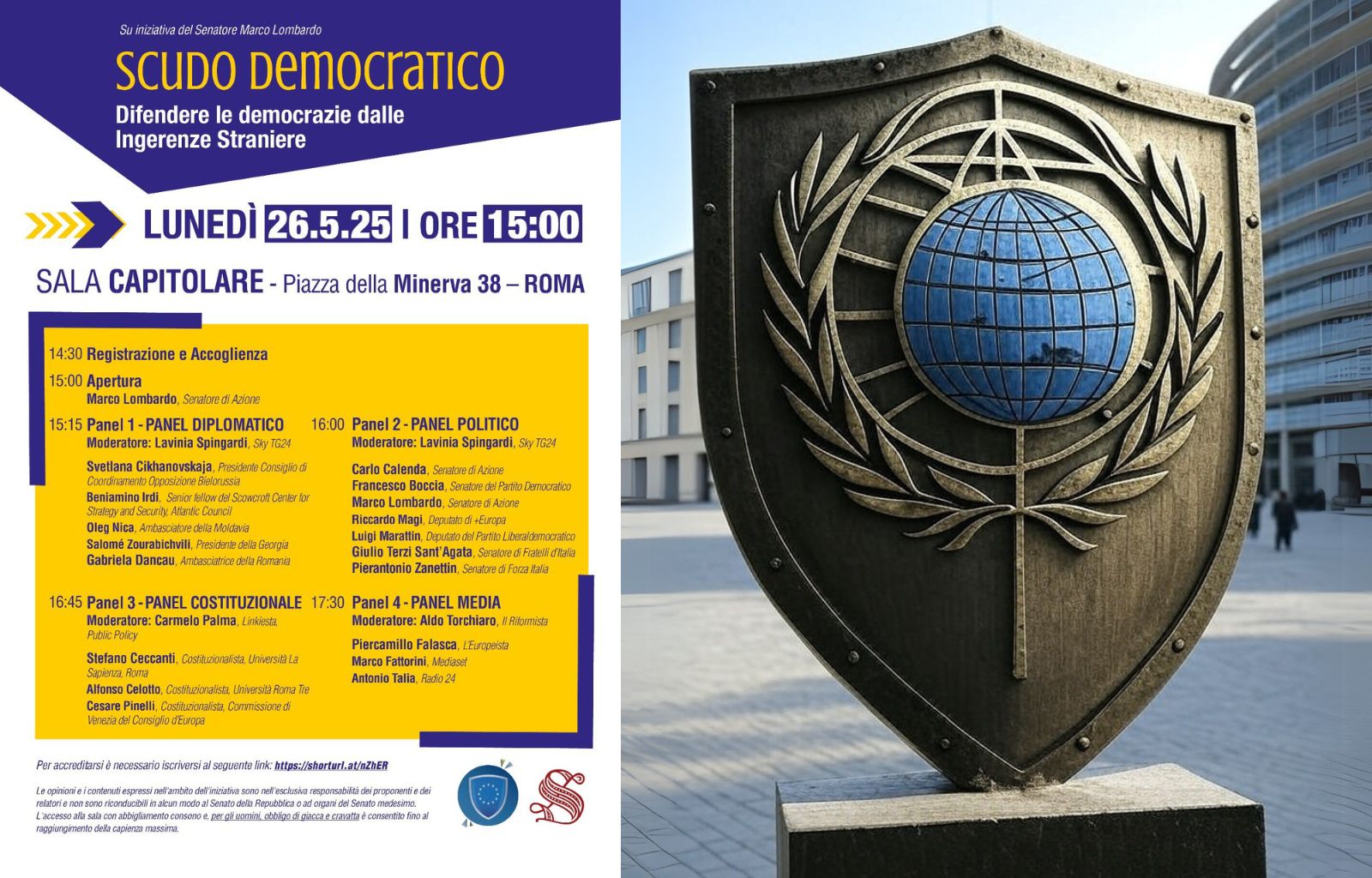What diplomatic future for Somaliland? Interwiew with HORASA Director, Abdirisak M. Shaqale
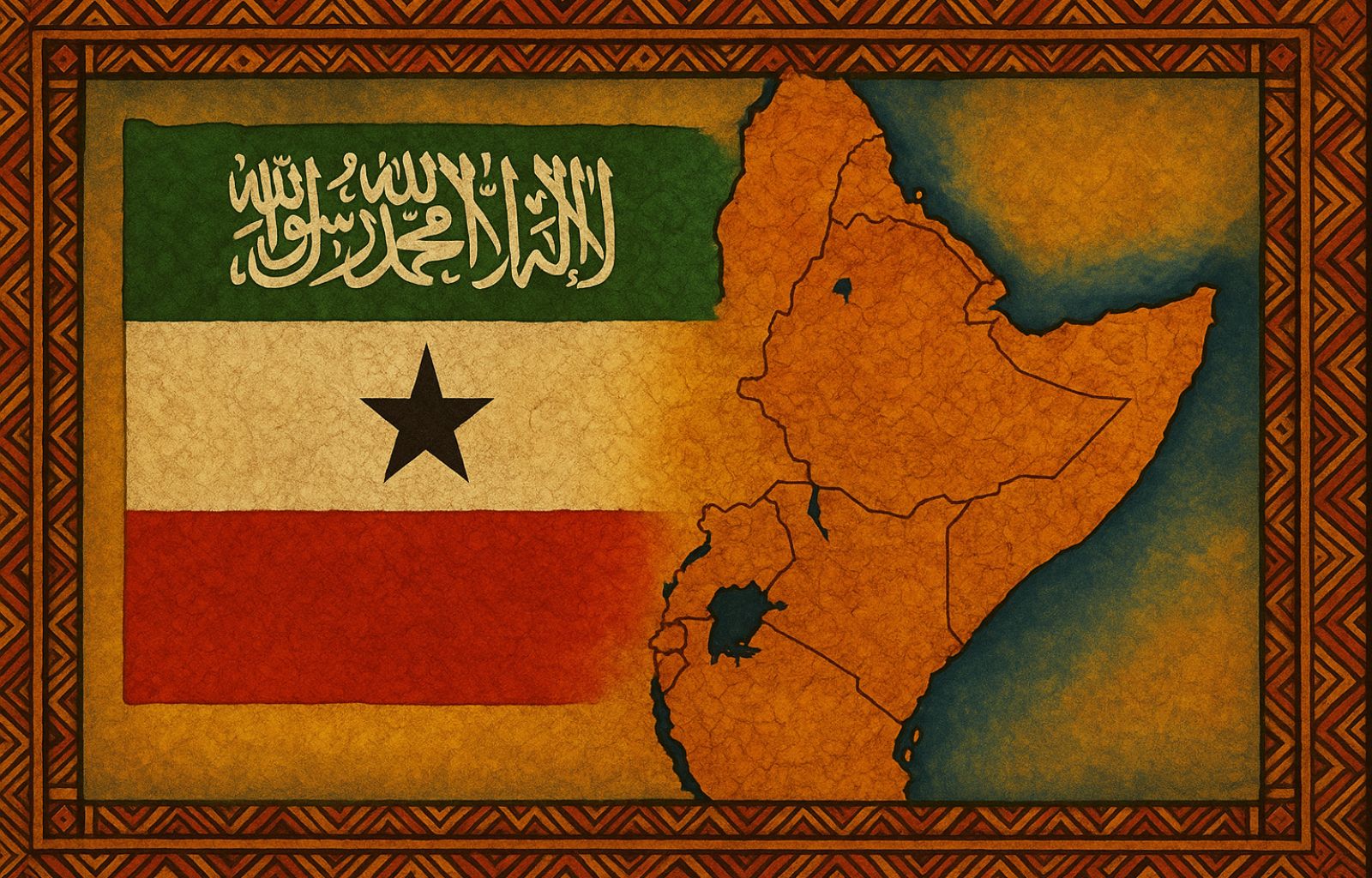
In this interview, I had the privilege of speaking with Abdirisak M. Shaqale, Former Senior Strategic Advisor at the Ministry of Foreign Affairs and Director of the Horn of Africa Research and Strategic Advisory (HORASA), to discuss the evolving political landscape in Somaliland following President Abdirahman Irro’s recent electoral victory.
Shaqale analyzes the new administration’s domestic reform agenda, the complex peace-building initiatives in the eastern regions, and the strategic implications of Somaliland’s diplomatic partnership with Taiwan amid growing Chinese pressure. He also examines the broader geopolitical challenges facing this unrecognized state as it navigates great power competition in the Horn of Africa while pursuing international recognition and internal stability.
The editorial team of L’Europeista and I would like to thank Abdirisak M. Shaqale for sharing his expert analysis on these critical developments shaping Somaliland’s future trajectory.
FULL INTERWIEW WITH ABDIRISAK M.SHAQUALE
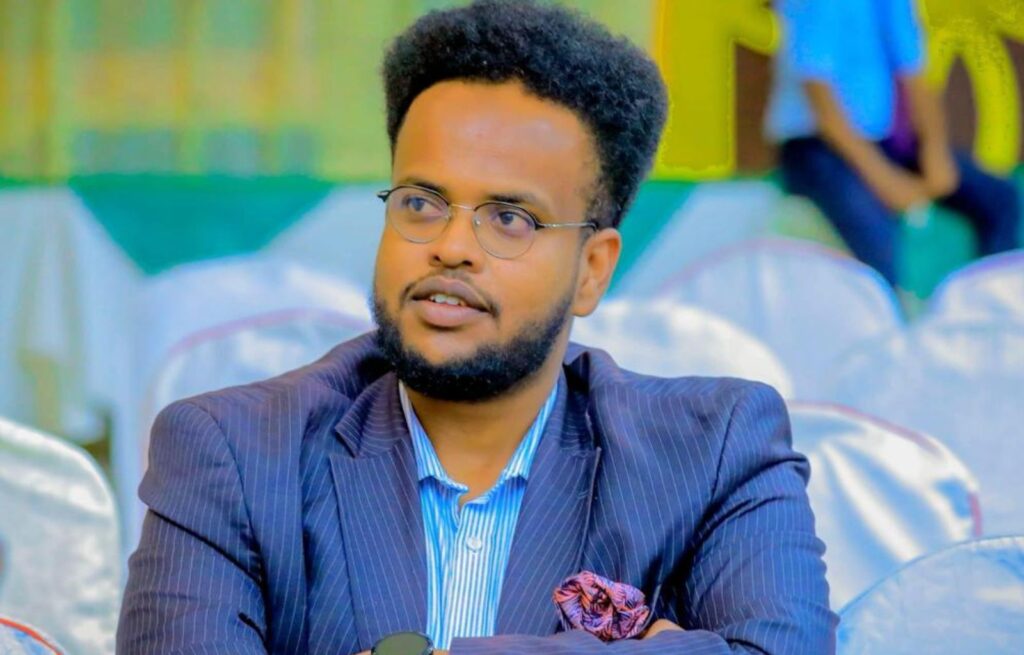
The recent presidential election, how would you assess the political transition under President Muse Bihi Abdi’s successor, Mr. Cirro? What are the most significant changes we can expect in the short term?
Realistically, H.E. President Abdirahman Irro has promised significant reforms in various sectors in Somaliland, where he gained more than 60% of the 2024 presidential votes, however, the implementation of these reforms has been questioned by the public.
For instance, his cabinet is witnessing huge criticism from the public, and major ministries are run by inexperienced and less academic credentials individuals both ministerial level and the Director General, which obstacle to the implementation of these reforms. Although people close to the president suggested that there could be an early reshuffle, but we have yet to see.
How is the new administration addressing domestic priorities such as infrastructure development, governance, and security, particularly in Hargeisa and other key regions?
In the aftermath of the Somaliland presidential election 2024, H.E. Abdirahman Irro (Cirro in Somali) won the election by a landslide victory. Since he assumed office, he has committed to significant domestic policies regarding the eastern part of the country, where the Lasanod clan militia known as Khatumo, and other clans have consistently clashed since Somaliland withdrew its forces from Las’anod in August 2023.
The new initiative is marked by a framework for peace and stability announced by the president, which consists of layers of peace-building strategies. Firstly, the new government of Somaliland has issued a decree for the disarmament of clan militias and launched a campaign to integrate 6,000 members of these militias into the Somaliland National Army.
Secondly, the President of Somaliland also appointed an inclusive and integrated peace commission that will be responsible for the talks between the Somaliland government and the clan militia that controls the Lasanod district, surrounding the Khatumo administration, aspiring to become a regional member state of Somalia’s federal system. So far, the Somaliland peace committee has successfully contributed to major steps toward mutual understanding between the two sides, including increasing trust-building measures such as releasing prisoners who are in critical conditions.
Apart from that, during President H.E. Abdirahman irro address to his first annual parliament session, the Somaliland president pledged that parliament and local elections would be held as scheduled, and he reiterated his commitment to election implementation as scheduled. However, there are huge political demands that challenge his commitments; and indeed, how he overcomes these challenges will determine his popularity and political success in the near future.
The relationship between Somaliland and Taiwan has drawn increasing international attention. Under the new presidency, how do you see this diplomatic and economic partnership evolving? And There have been reports of growing Chinese pressure on Somaliland to reconsider its engagement with Taiwan. Has the new government experienced such diplomatic tension, and how is it responding to external influence?
The collaboration between Taiwan and Somaliland, both unrecognized states situated in strategically vital locations such as the Strait of Taiwan and the Bab-el-Mandeb (Red Sea and Gulf of Aden), holds significant implications for strengthening cooperation among democratic nations amid the current era of great power competition. This competition hinges on a values-based order in contrast to illiberal and authoritarian regimes. Taiwan has demonstrated its commitment to partnering with Somaliland across various sectors, including healthcare, technology, and education, while also supporting Somaliland’s democratic processes.
Meanwhile, the former Somaliland government has exhibited a strategic resilience against Chinese intimidation and threats. China has engaged in hybrid warfare against Somaliland, financing both Somali and non-Somali media outlets, and providing diplomatic and financial support to clan militias like Khatumo, which is currently active in Lasanod. Notably, Chinese diplomats have not concealed their activities; they frequently travel to Lasanod’s eastern region and host militia leaders within their diplomatic offices located in Nairobi and Mogadishu.
In the past four years of cooperation with Taiwan, there have been more than ten meetings between Somaliland and Chinese diplomats. During discussions with the former president of Somaliland, H.E. Muse Bihi, the Somaliland government made it clear to the Chinese that they would not sever ties with Taiwan under any circumstances, although they remain open to mutual cooperation with China in areas of interest between Hargeisa and Beijing.
However, in a display of arrogance—and perhaps a reflection of their corrupt practices in Africa—Chinese diplomats stated that China would not establish an office or engage with Somaliland unless Hargeisa severed ties with Taipei, a demand the Somaliland government has firmly rejected.
Furthermore, the Chinese media apparatus in the Horn of Africa functions as a propaganda machine against the cooperation between Taiwan and Somaliland. It often draws unfavorable comparisons between Chinese investments in neighboring countries like Ethiopia and Djibouti and Taiwan’s involvement in Somaliland.
This propaganda has had measurable effects—most notably, the new Somaliland government led by H.E. Abdirahman Irro appointed Mohamoud Galal as its representative to Taiwan. A former shadow minister of the Wadani Party during their opposition tenure, Galal had previously been an outspoken critic of Taiwan and advocated for stronger relations with China, even suggesting a severance of ties with Taiwan. Despite this apparent shift in his stance as Somaliland’s representative to Taiwan, Chinese influence over public opinion in Somaliland remains robust, impacting politicians who view Chinese investments in the region favorably.
Ultimately, Taiwanese politicians and diplomats recognize this complex landscape. Practically speaking, Taiwan cannot and will not directly compete with China; however, it can leverage its strategic partnership with Quad nations in the Indo-Pacific to persuade the U.S. and others to invest in the Somaliland corridor extending to Ethiopia and beyond.
This collaborative effort aims to confront China’s Belt and Road Initiative not only in the Middle East- and South-Southeast Asia but also in the Horn of Africa, particularly in light of the infrastructure competition between Quad nations and China, against the backdrop of intensified Sino-American rivalry under the Trump administration.
In the near future, Taiwan and Somaliland must advance beyond mere cooperation to establish a more strategic partnership safeguarded by the USA and other allies. Achieving this will require strategic maneuvering from both the new government of Taiwan and Somaliland to strengthen their alliance.
In your view, what are the key challenges and opportunities ahead for Somaliland in consolidating its international standing while preserving internal stability and democratic progress?
Internally, Somaliland continues to face challenges, particularly in the eastern regions of Sool and Sanaag, especially in Las Anod, which is governed by the Malatia clan administration known as Khatumo. This group aspires to become a federal member state of Somalia.
Although the President of Somaliland has pledged to pursue peace, the likelihood that the Las Anod clan militia will opt for peace over violence, especially regarding the interests of the Somali federal government, China, and Qatar—which aims to finance the Las Anod conflict in pursuit of cooperation with Somali government to secure the Holhol basin, an oil deposit located near Las Anod—is quite slim.
Externally, as a former Somaliland diplomat, it will be interesting to observe how President H.E. Abdirahman Irro navigates the strategic issues surrounding the Horn of Africa, the Red Sea, and beyond, all of which have significant implications for Somaliland’s quest for international recognition.
These issues include, but are not limited to, the Red Sea crisis ( Houthi), Iranian expansion in the region, Somaliland and Ethiopia’s memorandum of understanding, negotiations between Somaliland and Somalia, the potential for U.S. cooperation with Somaliland, the UAE’s expansion of its corridor in the next two years, Sudan conflict, south alternative oil export interest and among other things
All these strategic considerations require careful attention, and the President of Somaliland should adopt a policy of strategic diversification. While maintaining strategic partnerships with Ethiopia, the UAE, the USA, Taiwan, and others, the Somaliland government should also seek to enhance trade and cultural cooperation with China, Qatar, Kenya, Djibouti, Turkey, Iran, and Egypt to mitigate their hybrid warfare tactics against Somaliland, particularly in light of the state’s fragility and regional and great power competition.
